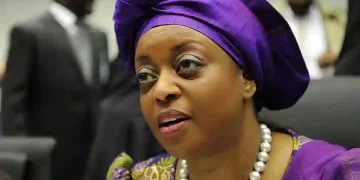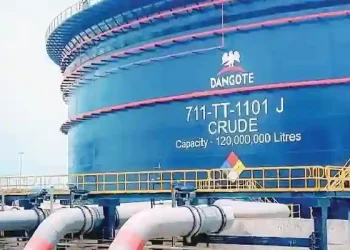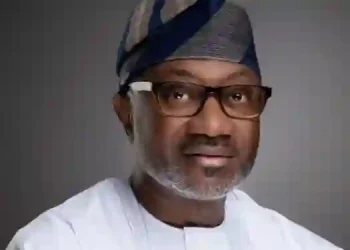Africa’s wealthiest individual, Aliko Dangote, announced that his Dangote Petroleum Refinery has exported over 1.1 billion litres of petrol in just three months, marking a transformative moment for Nigeria’s energy sector. The achievement comes as the facility celebrates its first anniversary of petrol production, demonstrating its capacity to serve both domestic and international markets.
Speaking at a recent conference, Dangote emphasised the historical significance of this development for Nigeria. The country has struggled with persistent fuel shortages and long queues at gas stations since 1975, a problem that has plagued the nation’s economy and daily life for nearly five decades. The Dangote refinery, located in Ibeju-Lekki, represents a paradigm shift toward energy self-sufficiency.
The massive facility, which commenced petrol production in September 2024, operates with a nameplate capacity of 650,000 barrels per day. Beyond serving the local market, the refinery has successfully established export operations for petrol, diesel, and aviation fuel, generating crucial foreign exchange earnings for Nigeria.
Beginning September 15, 2025, the refinery implemented a direct-to-station distribution model across 11 Nigerian states. This strategic approach bypasses traditional middlemen and aims to ensure more stable pricing and supply. The company has set competitive ex-gantry prices at N820 (approximately $0.55) per litre, with recommended retail prices varying by location.
In Lagos and five neighbouring southwestern states, the recommended pump price stands at N841 ($0.56) per litre, while consumers in Abuja and five other states face slightly higher prices at N851 ($0.57) per litre. These prices represent a significant reduction from the nearly N1,100 ($0.73) per litre that consumers paid before the refinery began operations.
The distribution strategy includes free delivery services using a fleet of approximately 4,000 compressed natural gas trucks deployed across the country, demonstrating the company’s commitment to environmental sustainability while ensuring nationwide reach.
Economic Impact and Employment
The refinery project has generated substantial employment opportunities, with the current workforce earning salaries that are three times Nigeria’s minimum wage. The company provides comprehensive benefits, including life insurance, health coverage, and lifetime pension plans for its employees. As operations expand, Dangote projects the facility will create approximately 15,000 additional jobs.
The refinery’s daily distribution capacity can handle up to 65 million litres of petrol, with plans to increase overall throughput to 700,000 barrels per day in the second year of operations. Beyond petroleum products, the company intends to expand production of polypropylene and fertiliser for export markets.
Policy Implications and Future Outlook
Dangote has used the refinery’s success as a platform to advocate for stronger government policies supporting local industrialisation. He argues that continued reliance on imports essentially exports employment opportunities while importing economic hardship. The industrialist emphasises that Nigeria must prioritise domestic manufacturing to secure long-term economic stability.
Rather than competing directly in retail markets, the refinery plans to establish strategic partnerships that leverage its production capabilities while supporting existing distribution networks. This collaborative approach aims to strengthen the entire value chain while maintaining the refinery’s focus on production excellence.
With Bloomberg estimating Dangote’s net worth at approximately $28.8 billion, the success of this refinery project reinforces his position as Africa’s richest individual while demonstrating the potential for private sector leadership in addressing Nigeria’s infrastructure challenges. The facility’s ability to maintain cost-effective operations while expanding both domestic supply and export revenue will be crucial factors in determining its long-term impact on Nigeria’s energy independence and economic development.

Seunmanuel Faleye is a brand and communications strategist. He is a covert writer and an overt creative head. He publishes Apple’s Bite International Magazine.





















